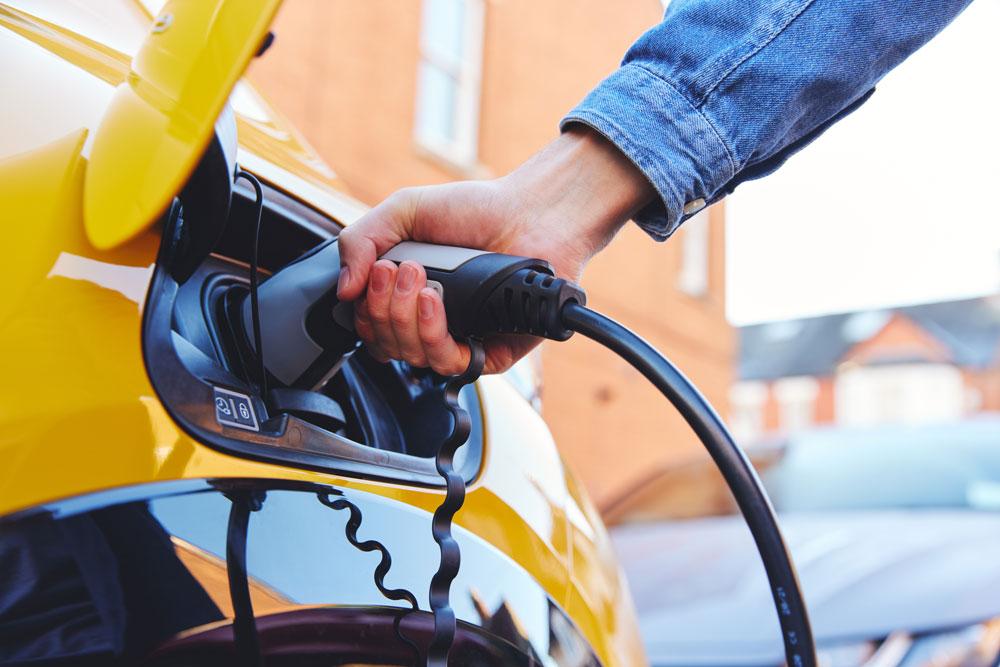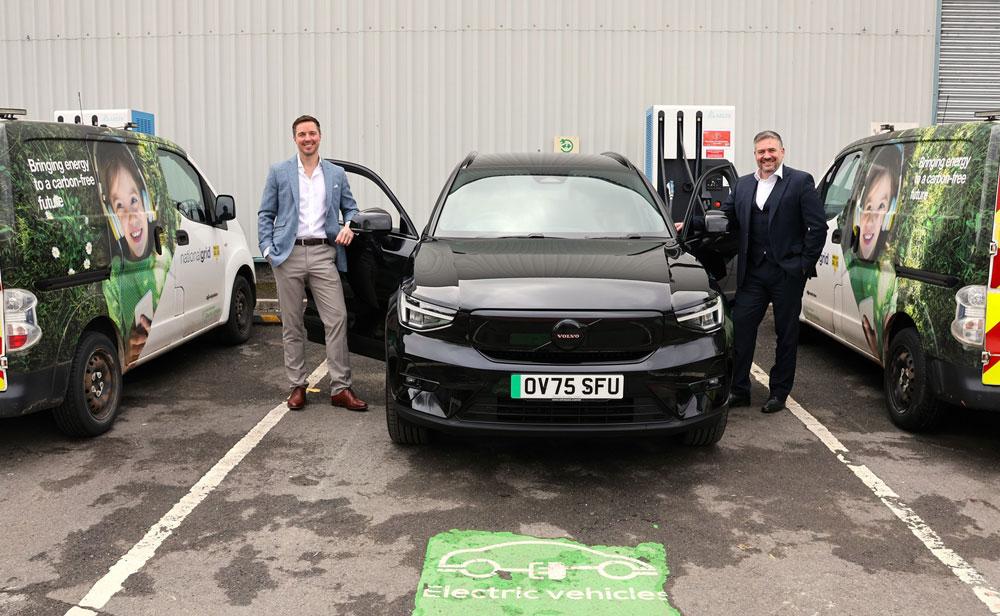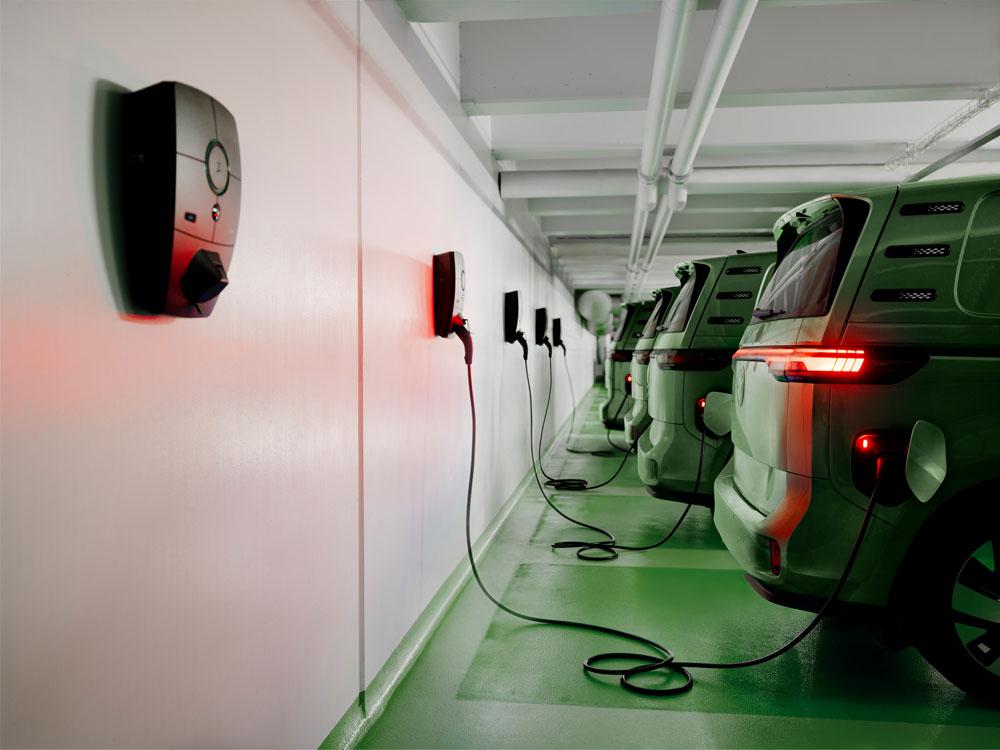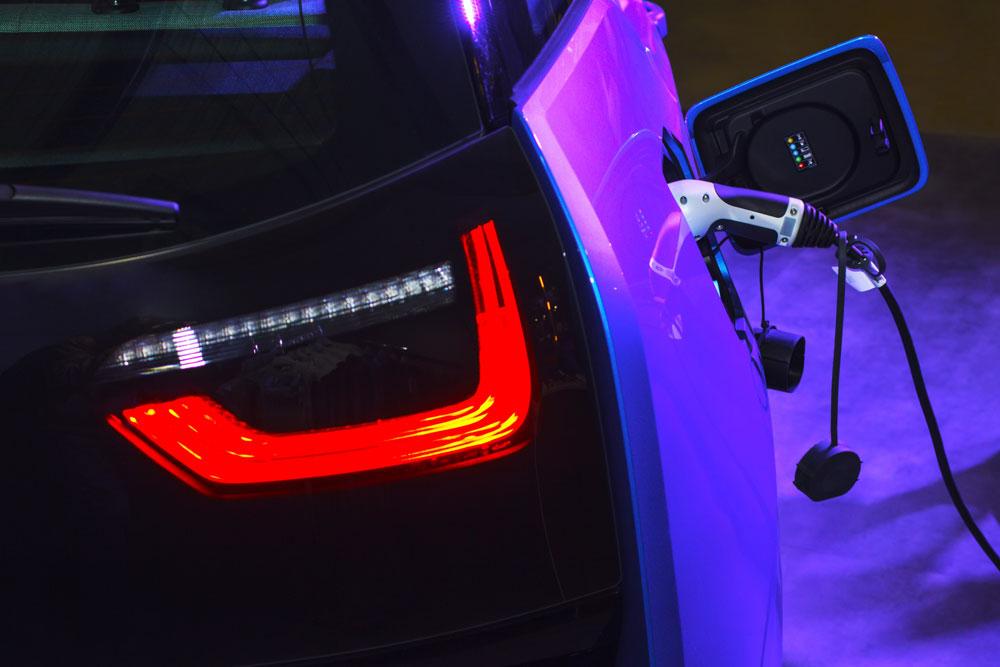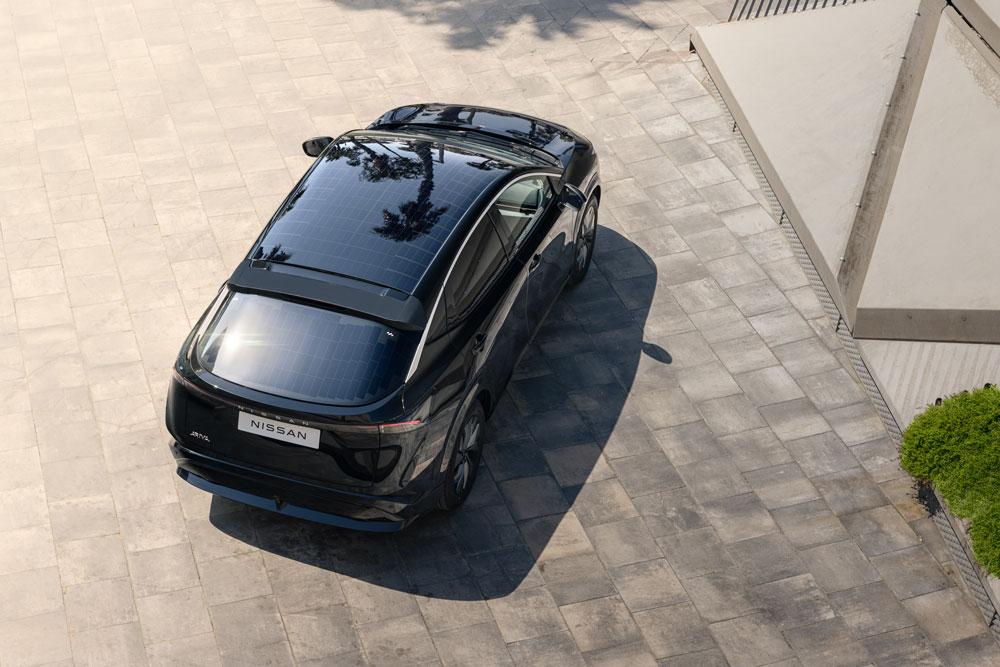With talks over ZEV mandate changes, we look at the latest to come out of government regarding the transition to zero-emission vehicles - as well as the industry's reaction.
The government has said it will launch a ‘fast track’ consultation on EV sales targets in the Zero Emission Vehicle (ZEV) mandate, after rising concern from the auto industry.
Business secretary Jonathan Reynolds said that a consultation would be launched in the coming weeks at the Society of Motor Manufacturers and Traders’s annual dinner on Wednesday 27 November.
The consultation is more likely to change the options that car manufacturers can avoid being fined for missing targets, rather changing the percentages of zero-emission vehicles they are to produce.
Reynolds confirmed that the government is still committed to the 2030 phase out date for petrol and diesel vehicles, and the consultation is to find ways to offer more support to industry as the UK moves to clean vehicles.
Critical talks
The Department for Transport (DfT) recently held talks with car manufacturers to hear their concerns and challenges when it comes to selling an increasing proportion of electric vehicles, as demand is still low, with most sales still going to the fleet industry rather than the wider consumer market.
During this meeting, the government had ruled out weakening the electric vehicle production targets, but said it would work “constructively” with the industry.
Attending the talks were Jonathan Reynolds,Transport Secretary Louise Haigh with representatives from SMMT, Tesla, Nissan, Ford, Volkswagen Group, Stellantis, BMW, Toyota, ChargeUK, and BVRLA in attendance.
A government spokesperson said: “Ministers from across government have met with automotive sector and industry representatives to discuss the transition to electric vehicles, and how the Government can support continued growth of the sector.
“Recognising the global challenges the industry has been facing, ministers
underlined the government’s commitment to working constructively and in close partnership with the sector as we support the transition to electric vehicles by 2030.
“The UK automotive sector now has the fastest growth of zero emission vehicles of any major European market, and we’re providing more than £2.3 billion to support industry and consumers in making the switch, with 57 new public electric vehicle chargers added on average each day.”
What is the ZEV mandate?
As it stands, the ZEV mandate requires 22 per cent of all UK new car sales to be battery electric vehicles (BEV) at the end of this year, with targets rising to 28 per cent next year, progressing to 100 per cent by 2035.
Car manufacturers will have ZEV sales converted into certificates and will be required to hold a certain number of certificates at the end of each year in relation to the total number of electric vehicles they’ve sold.
Manufacturers who fail to hit their target will either have to ‘trade’ certificates with other manufacturers who have exceeded their targets.
If they can’t do that, manufacturers will face fines of £15,000 for each vehicle sold outside the target. Nissan has been vocal in calling for changes into how the ZEV mandates are applied.
The company says that the targets are “outdated”, as they were set at a time when sales were rising sharply. Given that current Society of Motor Manufacturers and Traders figures suggest EV sales will comprise only 18.5 per cent of the market this year, Nissan argues that the targets
no longer reflect the slowdown in demand.
Vans are the main issue
The targets for new zero emission vans sales are 10 per cent by the end of this year, 70 per cent by 2030, and 100 per cent by 2035.
From a fleet point of view, the Association of Fleet Professionals (AFP) believes that while the car element of the ZEV Mandate could do with
some tweaks, vans are the real pressing issue.
Paul Hollick, AFP chair, said: “It has become clear that, however well-meaning its intentions, the ZEV Mandate needs to change, and it is good news that the government has recognised this fact relatively soon after
being elected and appears to be taking the issue seriously. It is also positive that the consultation announced by Jonathan Reynold last night will be concluded quickly.
“However, the real test of the government will lie in the changes that it chooses to make. From a fleet point of view, we believe that while the car element of the ZEV Mandate requires some moderation, vans are the real issue. Electric van sales have been flatlining at around 5% for over a year and the reasons for this are that the practical limitations of the available
models – range, payload, charging facilities – make them unsuitable for many operators.
“Because of these factors, we’re in a situation where, no matter what percentage of new vans manufactured are electric, large numbers of our members are planning to stick with their existing diesel vans for the foreseeable future. Making fleets hang onto older, more polluting vehicles for longer is obviously not what the government intends.
“It’s potentially a concern that the government says it remains fully committed to the 2030 deadline for ending pure petrol and diesel sales because there will probably need to be some flexibility, even if just around the definition of hybrids. Fine tuning the ZEV Mandate probably won’t improve the overall
situation. Instead, more direct, radical action is needed if we’re to avoid more factory closures of the type announced by Stellantis today.”
Due to these factors, the AFP believes that no matter what percentage of new vans manufactured are electric, large numbers of fleets will continue to stick with their existing diesel models “for the foreseeable future”.
Uncertainty causing issues
The talks over recent weeks of changing or weakening the ZEV mandate is causing uncertainty in the fleet, charging and automotive sectors.
Vicky Read, CEO of ChargeUK said: “We’re pleased to hear reports that the government is moving ahead with its promised consultation on the ZEV mandate, which we hope will bring much needed clarity to the UK’s electric
future and unlock further investment.
“Government could not have been clearer last week in its meeting with the automotive and charging industries that there would be no tinkering with the percentages of electric cars that must be sold ahead of 2030. Any backsliding on that risks inducing the uncertainty that all sides agreed is the very enemy of the EV transition.
“Billions of pounds of investment in the EV charging infrastructure roll out will be put at risk should the ZEV mandate be redrawn. This would be particularly foolish given the charging industry is busy deploying the infrastructure that is essential for the automotive sector to sell EVs and for the UK to meet its net zero goals.
“ChargeUK members are getting on with the job - putting a new charge point in the ground every 25 minutes on average, and urgently need reassurance to enable them to follow through on our commitment to invest over £6 billion up to 2030 ensuring we stay ahead of demand.”
Dominic Phinn, head of transport at Climate Group, said: “As the UK Government launches its ZEV Mandate consultation, policymakers need to ask themselves a simple question: are they prepared to risk the incredible progress the UK has made in moving towards a cleaner, more sustainable transport system?
“Any changes to this world-leading legislation will seed uncertainty among businesses – threatening investments, business cases, and the clear and confident path so many companies across the country have put themselves on.
“There is absolutely no need for a relaxation. Contrary to intense lobbying from a small number of carmakers over recent weeks and months, demand for EVs is strong and growing. While sales of petrol and diesel cars are stalling, EV sales now account for 18 percent of the global market. The country’s leading companies need both the volume and the variety of models the ZEV Mandate guarantees, as do British drivers who deserve their next car to be electric.”
Despite any changes to the ZEV mandate, the government has said it is still committed to the 2030 phase out date for petrol and diesel vehicles. The consultation is promised to come out soon, and is hoped to be resolved
quickly so that all sectors effected can have certainty about the way forward.

